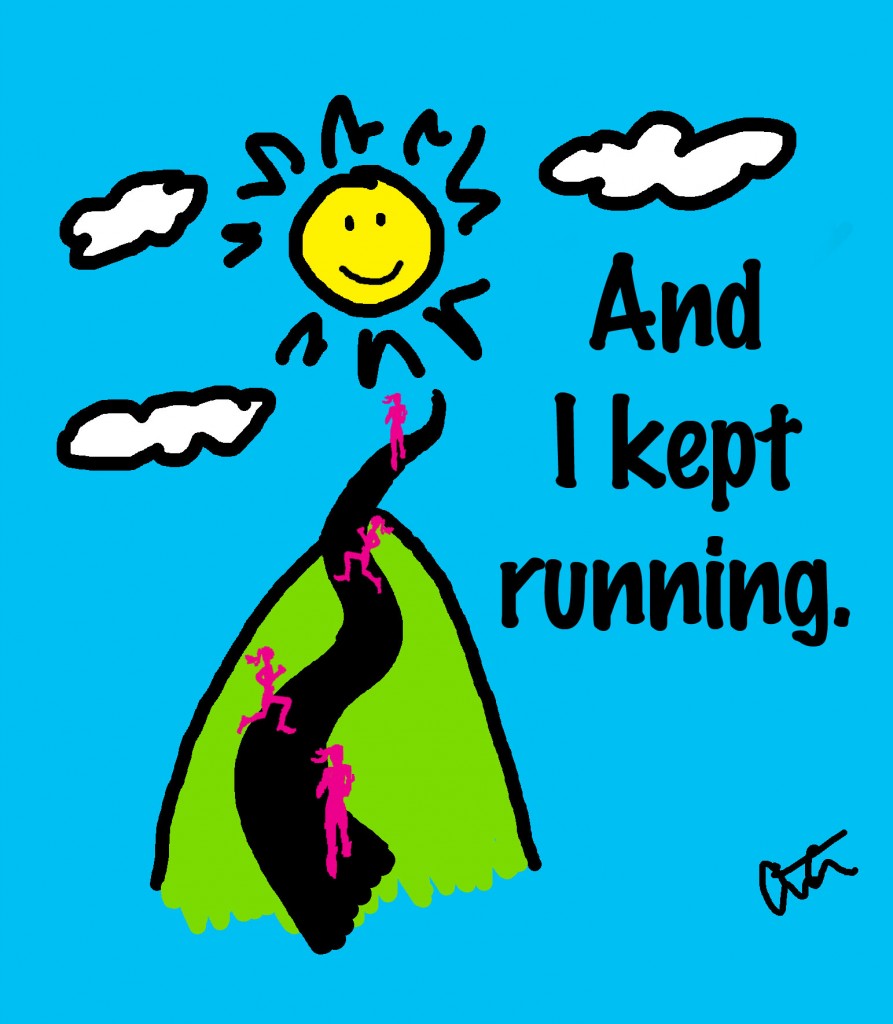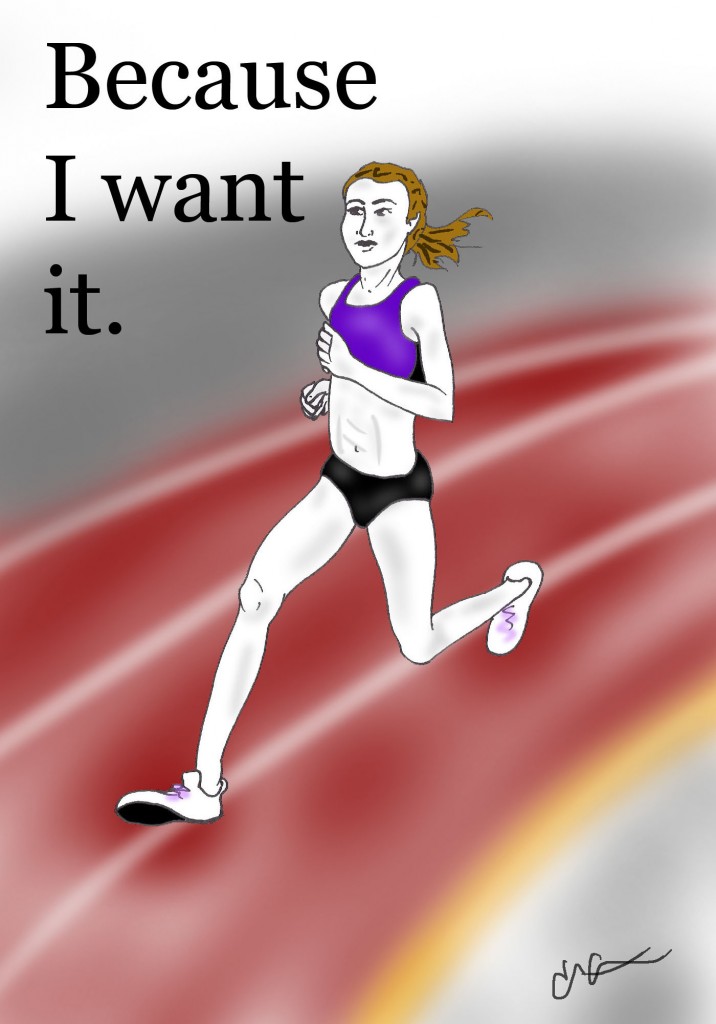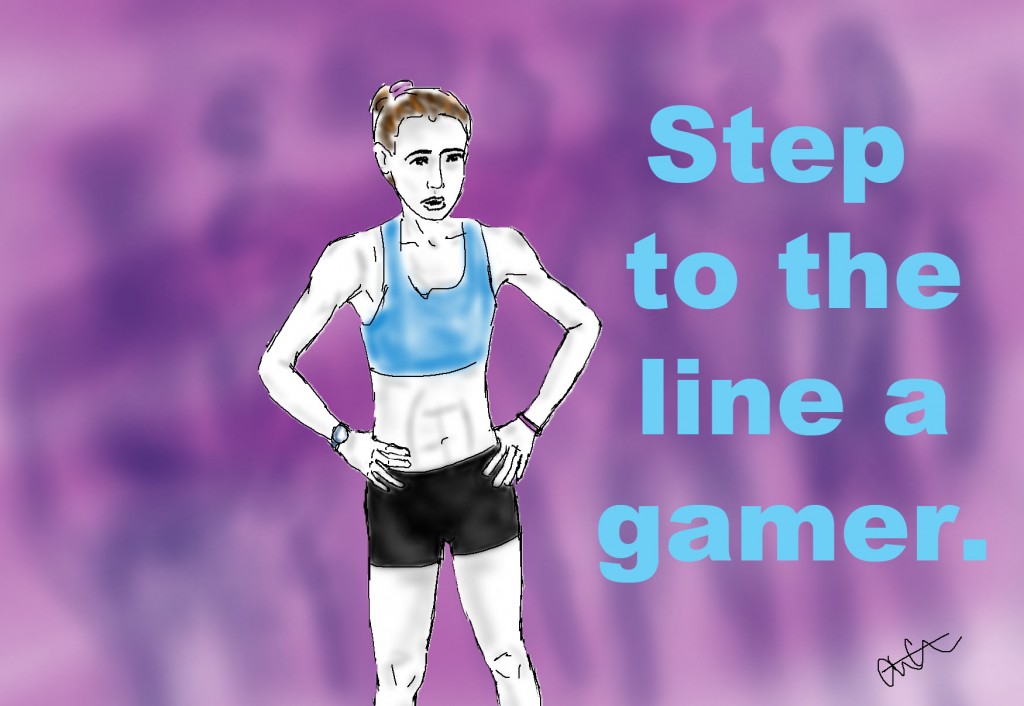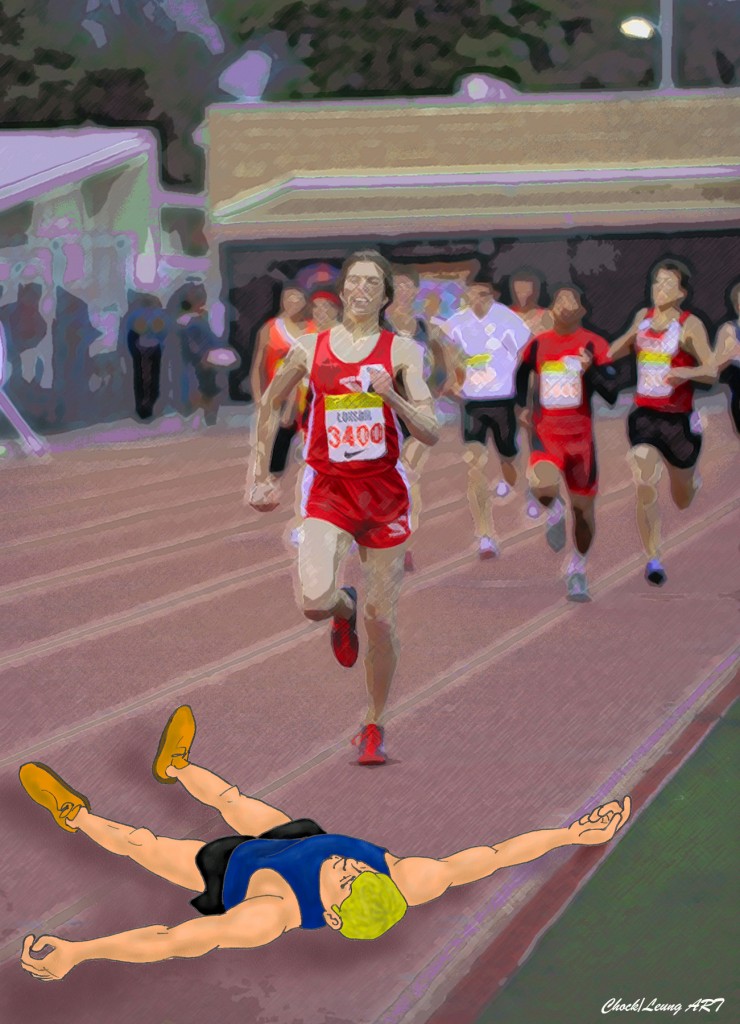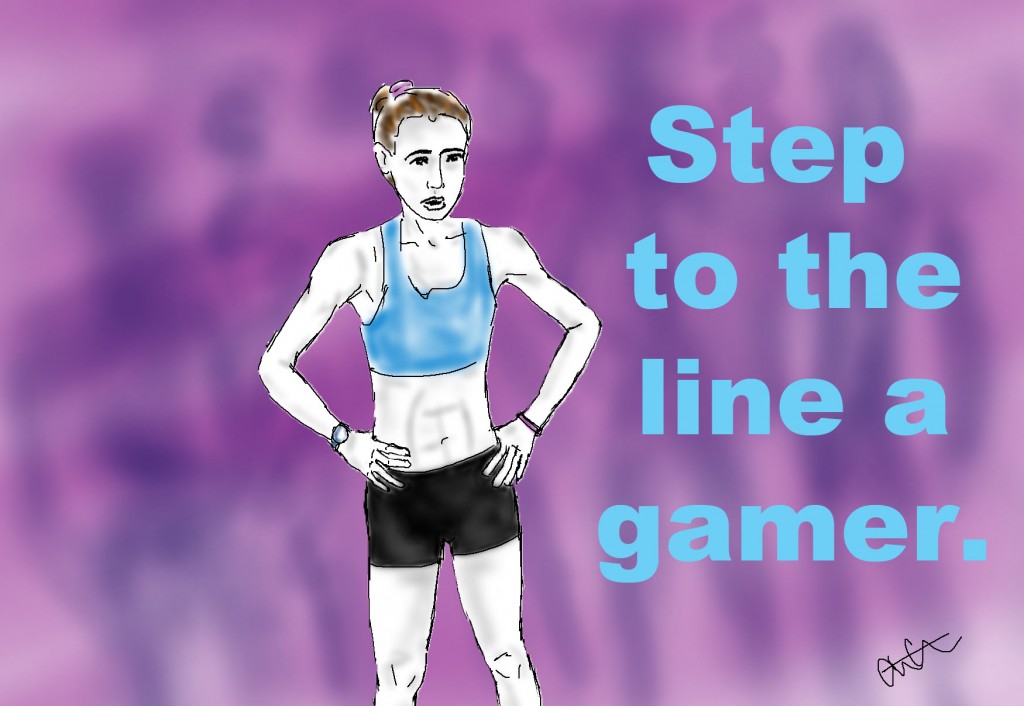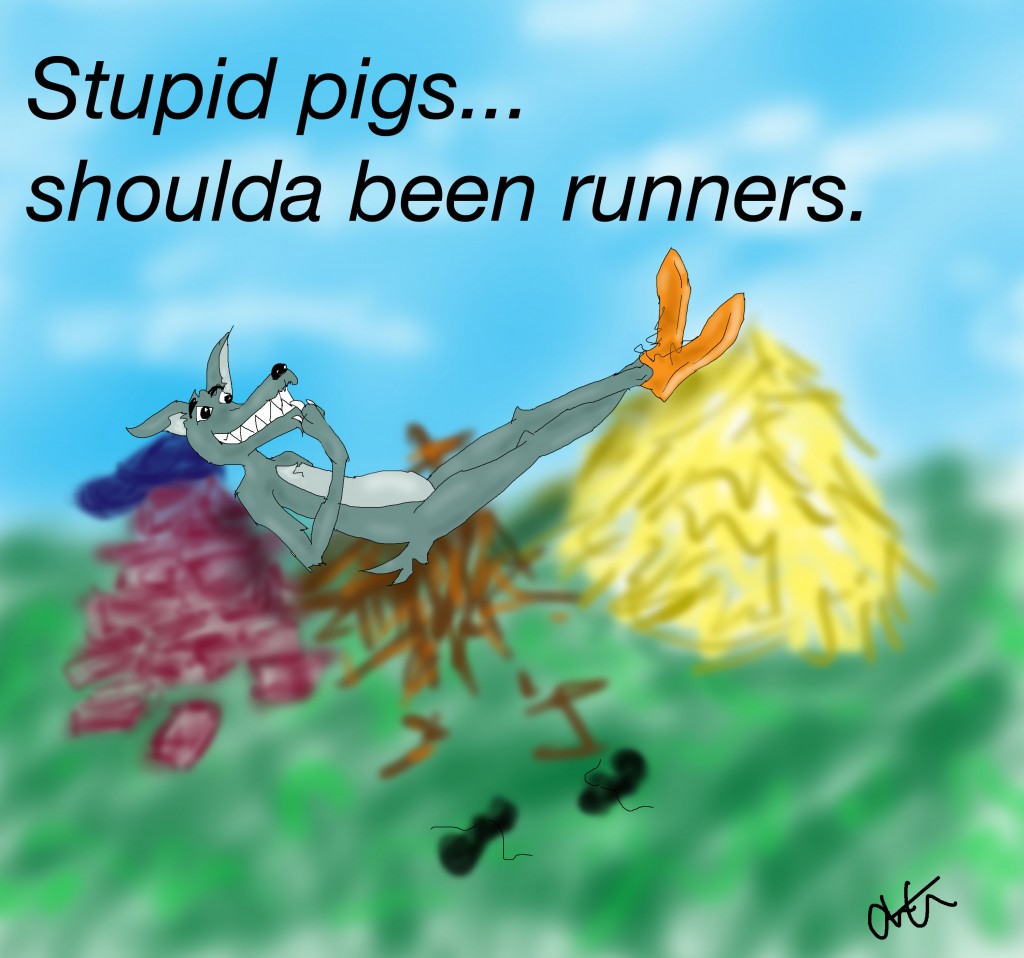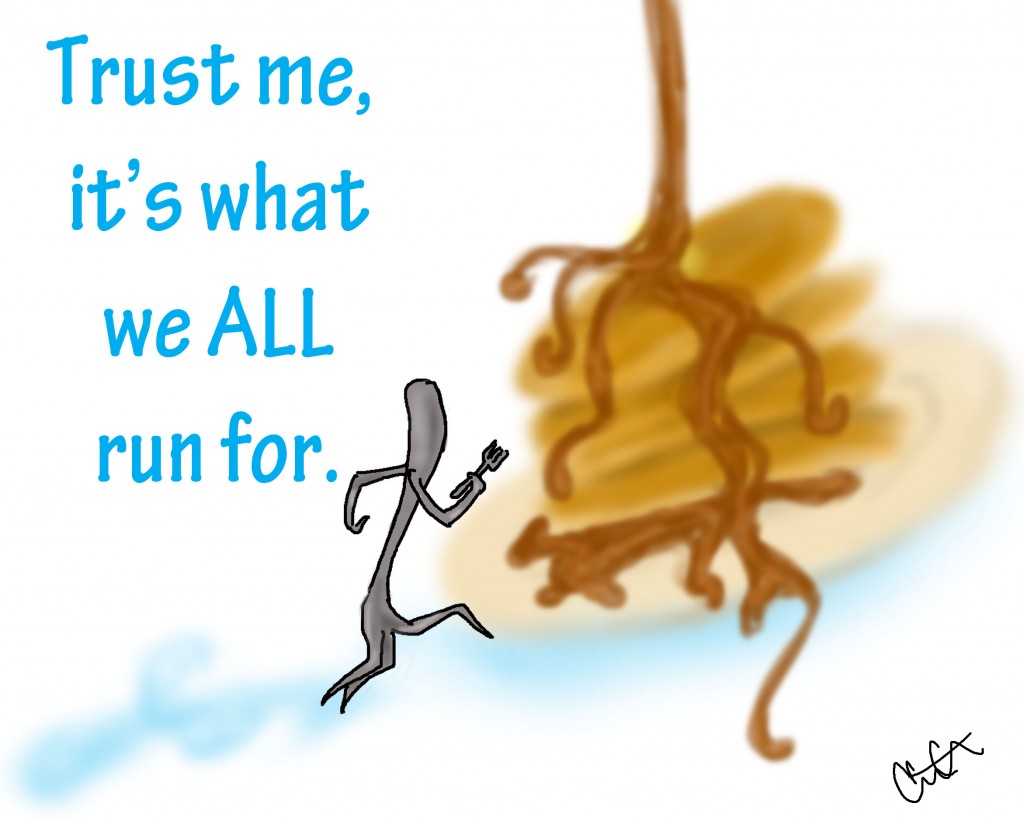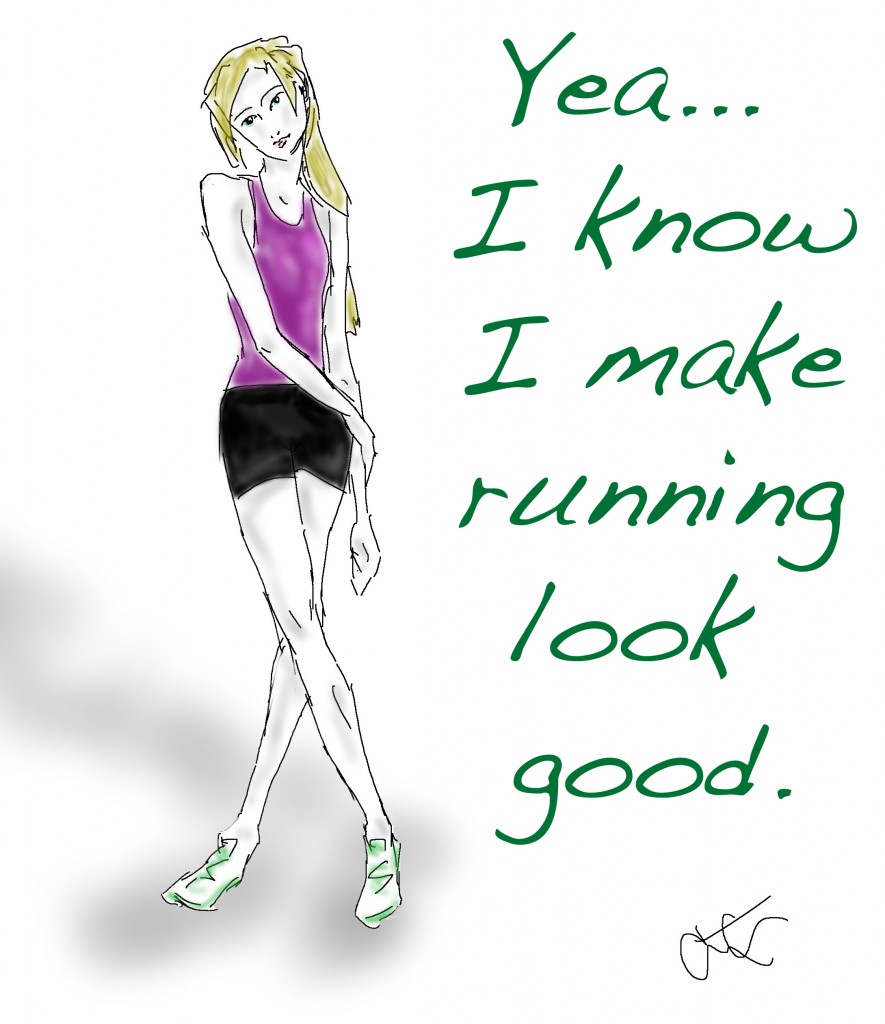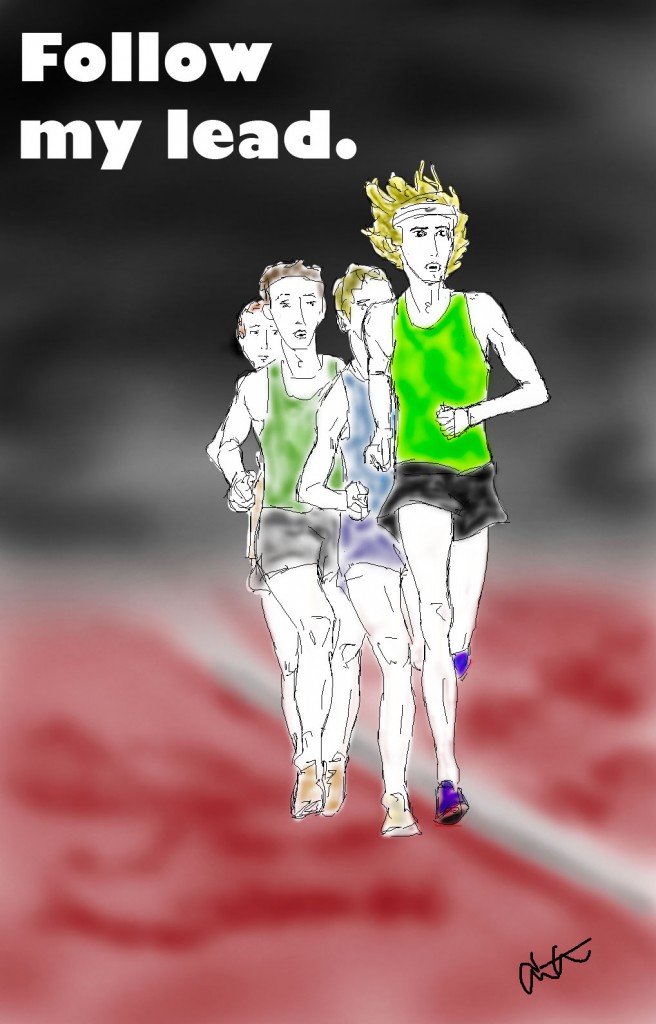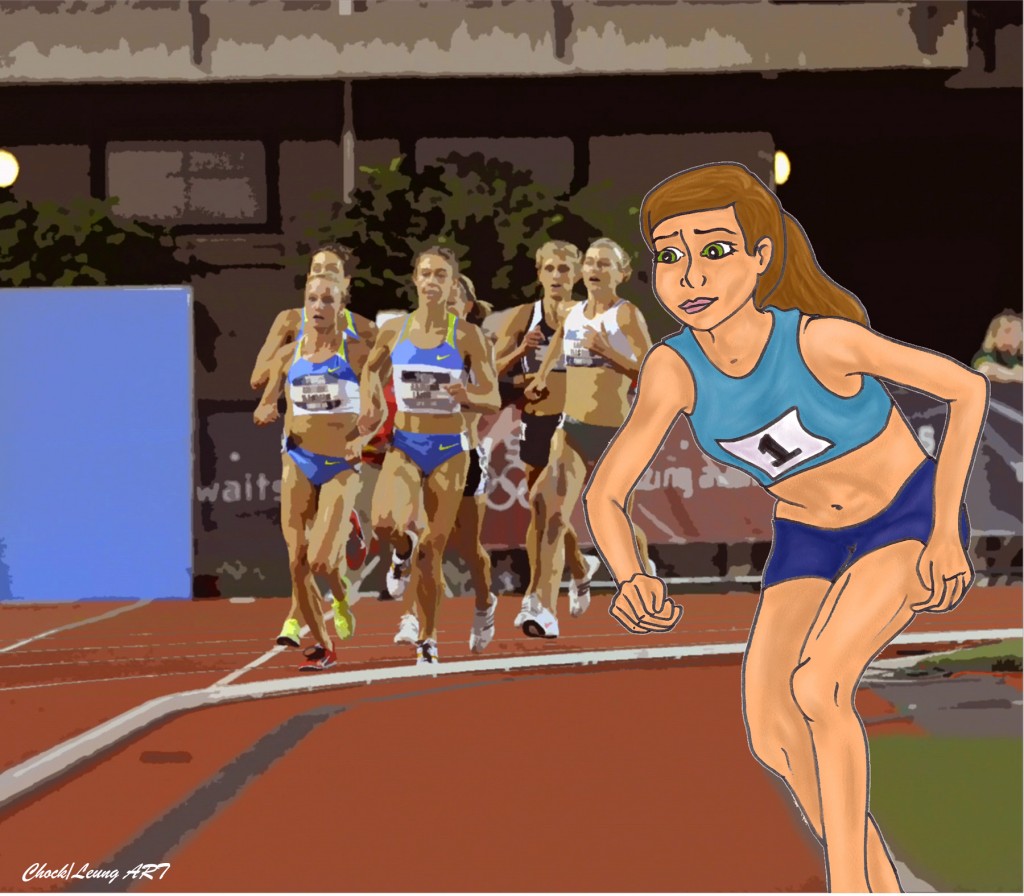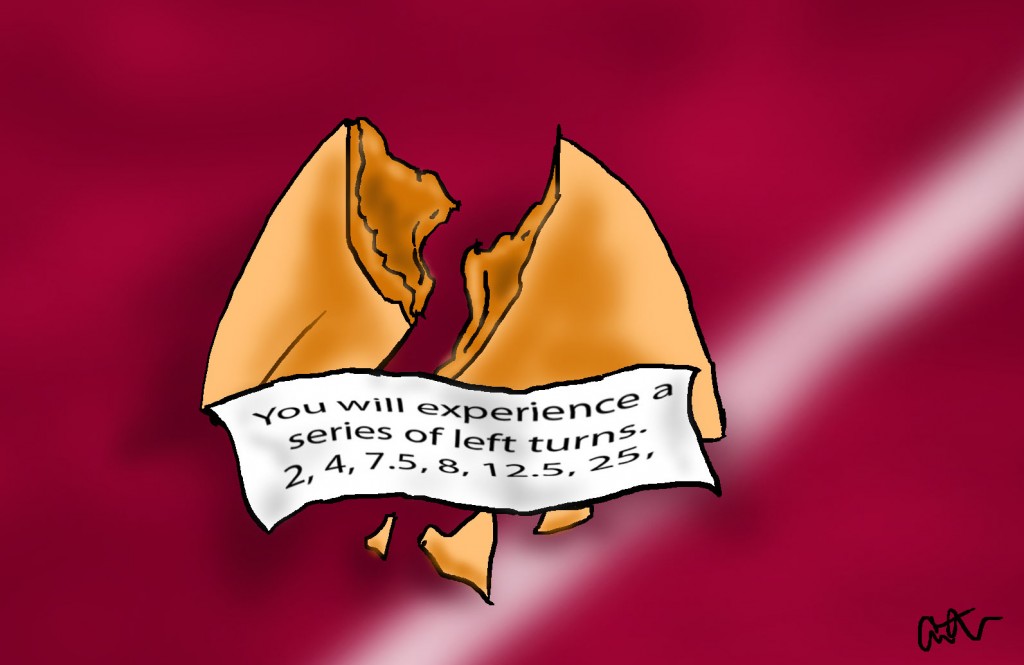The Olympic Trials 2012 have officially hit Oregon. Whether you deem yourself a track fan or not (but you really should be!) I would implore all runners to catch a vicarious ‘high’ off of what is about to go down.

Running, regardless of the level, is hard. It takes insurmountable amounts of work, dedication, perseverance and perspective. The mental side of running is huge. All of the athletes taking part in the Trials at Hayward Field have been working towards these days, the goals they want to achieve on them, for years.
Of course the Olympics, and the Olympic Trials, are akin to the Mount Olympus of goals to us, mere mortal runners. While every competitor taking part warrants being put on a bit of a pedestal for their athletic prowess, there is much us mortals can glean from them outside of some phenomenal races to watch and cheer for.

Like a Boss. Getting to the line takes confidence; confidence is instilled through all of that hard work, owning those workouts like a boss and knowing that you BELONG on that starting line. Regardless of where that line is, Trials or no Trials, a goal is a goal none-the-less and every runner must build that confidence on their own level. Ironic how bolstering that confidence takes DOING and having the courage or guts to DO takes believing in yourself. So sometimes you have to just dive in and start the doing and KEEP up the doing again and again…the boss-like confidence may just have to follow.
Determination. Every single athlete at the Trials, just as every single runner, has their highs and lows. The running lows have weeded out plenty of runner wanna-be’s. Injuries, set-backs, horrible races, embarrassingly heinous performances, epically long injuries, surgeries, life obstacles…they’ve had them all and continued plowing forward. You can too so long as you just keep running forward…even if that ‘running’ forward is more of a symbolic metaphor.
Face the Mirror. Through the course of life and the trials running will toss your way (refer above), there will be many moments that cause you to question yourself, who you are, why you do things, why you keep running, and learn about yourself. Lessons learned through running apply to all areas in life; but for running, it is something you, in the end, are doing for yourself. You are accountable to YOU, you choose to get the run done or skip it. In the middle of hard workouts and races YOU control whether you dig for that extra gear or you let up. You have to decide if it’s worth doing what it takes to stay running in the direction of your goals. The runners you’re watching at the Trials…they all decided THEY wanted to keep running for their goals.

Cheer. The stands at the Trials should be in a state of unbridled ‘enthusiasm.’ (Shout out, any Seinfeld fans in the house?!) What I mean is people will be maniacally cheering and that’s how the Hayward Field Stands should be. While us mere mortals may or may not be personally tied to any one racer, we should all soak up the inspiration that will be flooding the track. The sweat dripped to the track is not dissimilar to the sweat of any other runner in actual make-up; it is the same salty water that can be shed by any runner if they work for it.
That said, while the sweat flooding Hayward may be anatomically the same as any other runners’ sweat, I can’t stress enough that it is STILL different. It is from one of the dreamers who has made it their dream to scale their way to that Mount Olympus and separate themselves from the mere mortals. It is then, that us mere mortals can tilt our head toward the mountain’s peak as the dreamers climb and cheer for them with…unbridled enthusiasm. 😉
1) Who is making their way to the Trials? To spectate or compete…BUT if you’re reading this and about to compete you better as heck leave a comment and brag on yourself. 😉
2) What events are you looking the most forward too?
3) How will you make sure you are putting out your fair share of unbridled enthusiasm? As in, what is something that you will ‘soak up’ from all of these phenomenal athletes and apply to your own running?


